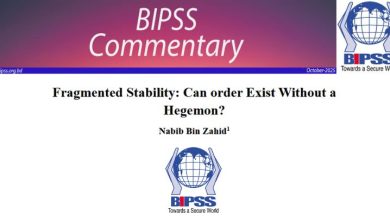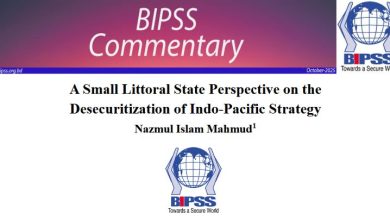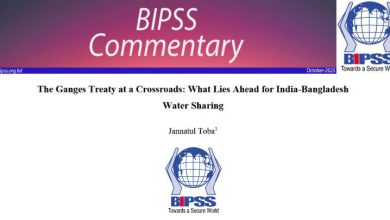
Tariff Turbulence: Assessing the Impact of US Tariffs on Bangladesh’s Economy
The imposition of a 37% U.S. tariff on Bangladeshi exports under President Trump’s “Reciprocal Tariffs” policy has triggered a significant economic and diplomatic crisis for Bangladesh, threatening its heavily export-dependent economy—particularly the ready-made garment (RMG) sector, which makes up 85% of exports and employs over 4 million people. Justified by a disputed claim that Bangladesh imposes a 74% trade barrier on American goods, the tariff risks factory closures, job losses, inflation, currency devaluation, and a loss of foreign investment, while undermining U.S.-Bangladesh relations and Bangladesh’s global standing. A temporary 90-day suspension of the tariffs offers a critical window for Dhaka to engage diplomatically, demonstrate goodwill through increased U.S. imports and trade reforms, and pursue long-term goals such as export market diversification, sectoral expansion beyond RMG, and institutional reforms. To navigate this challenge, Bangladesh must adopt a strategic, forward-looking economic diplomacy framework—backed by domestic reforms and international engagement—to ensure resilience and future competitiveness in a volatile global trade environment.



